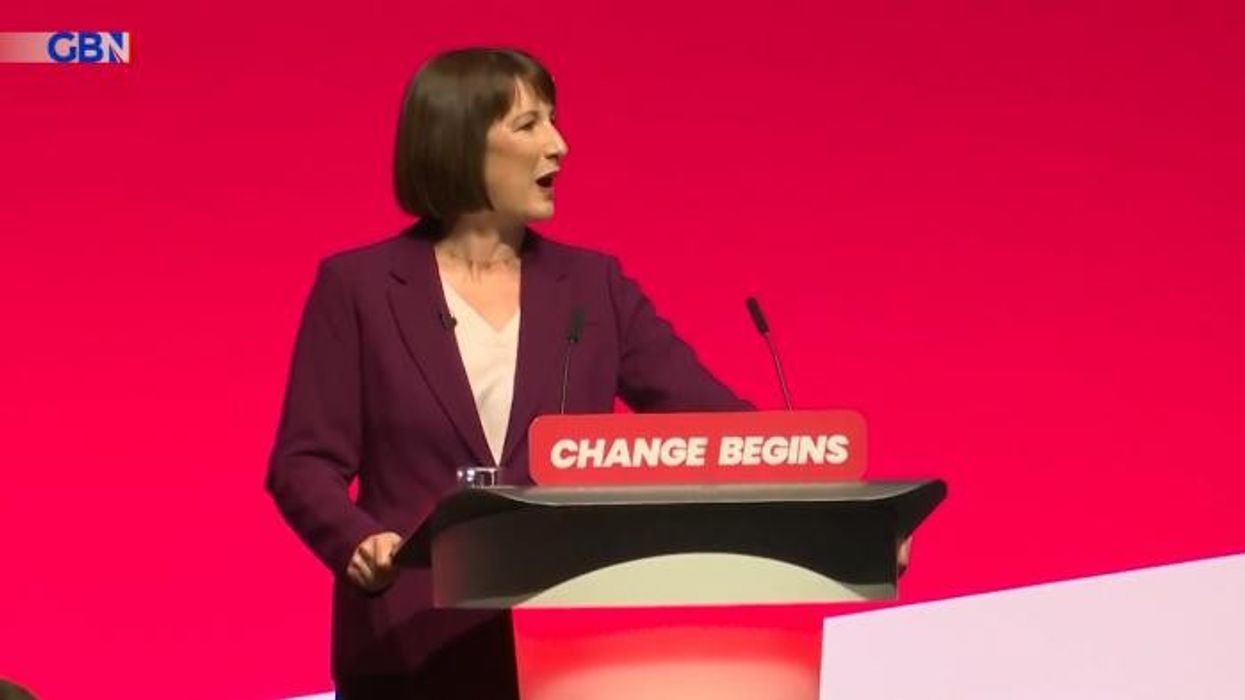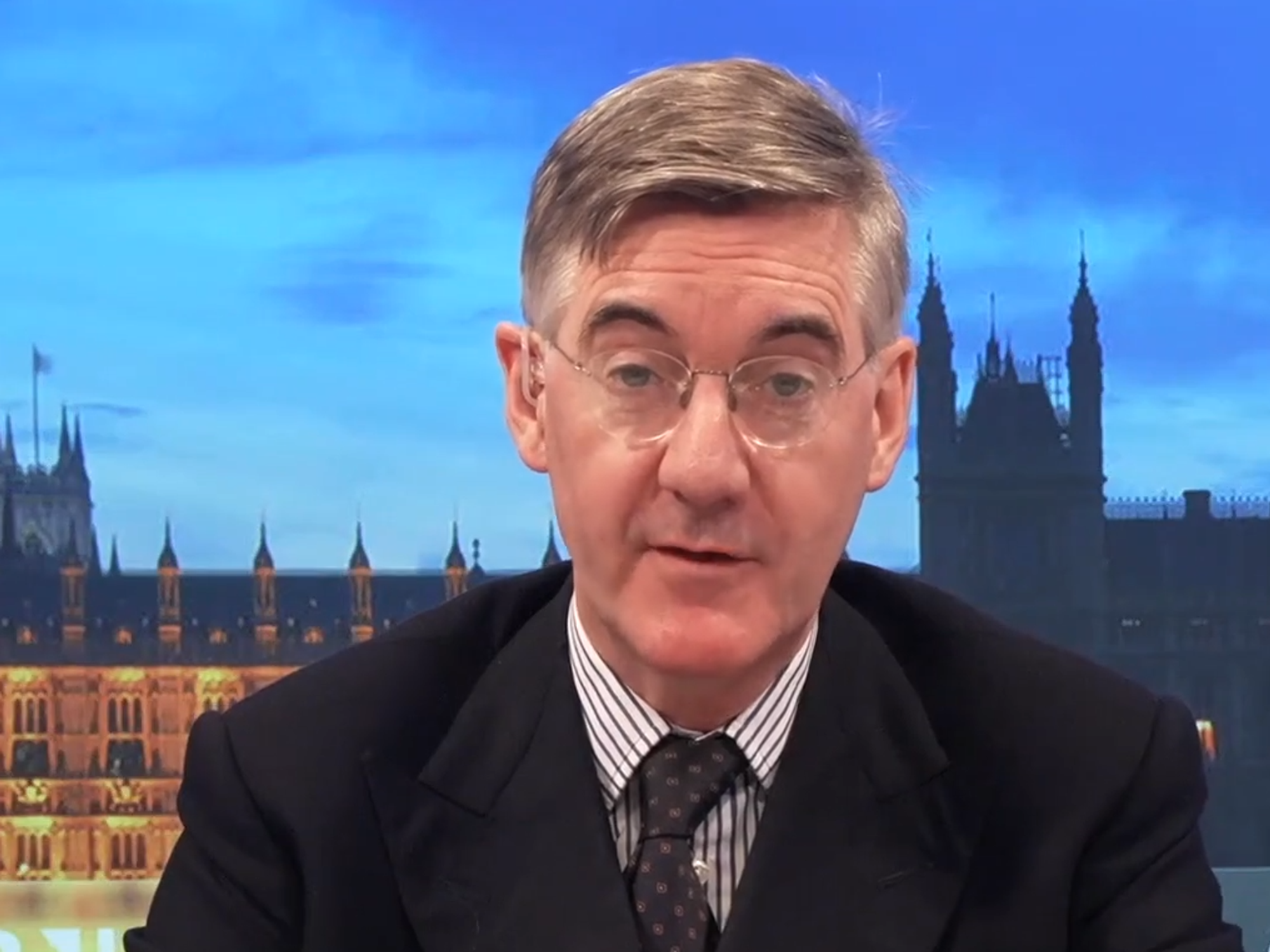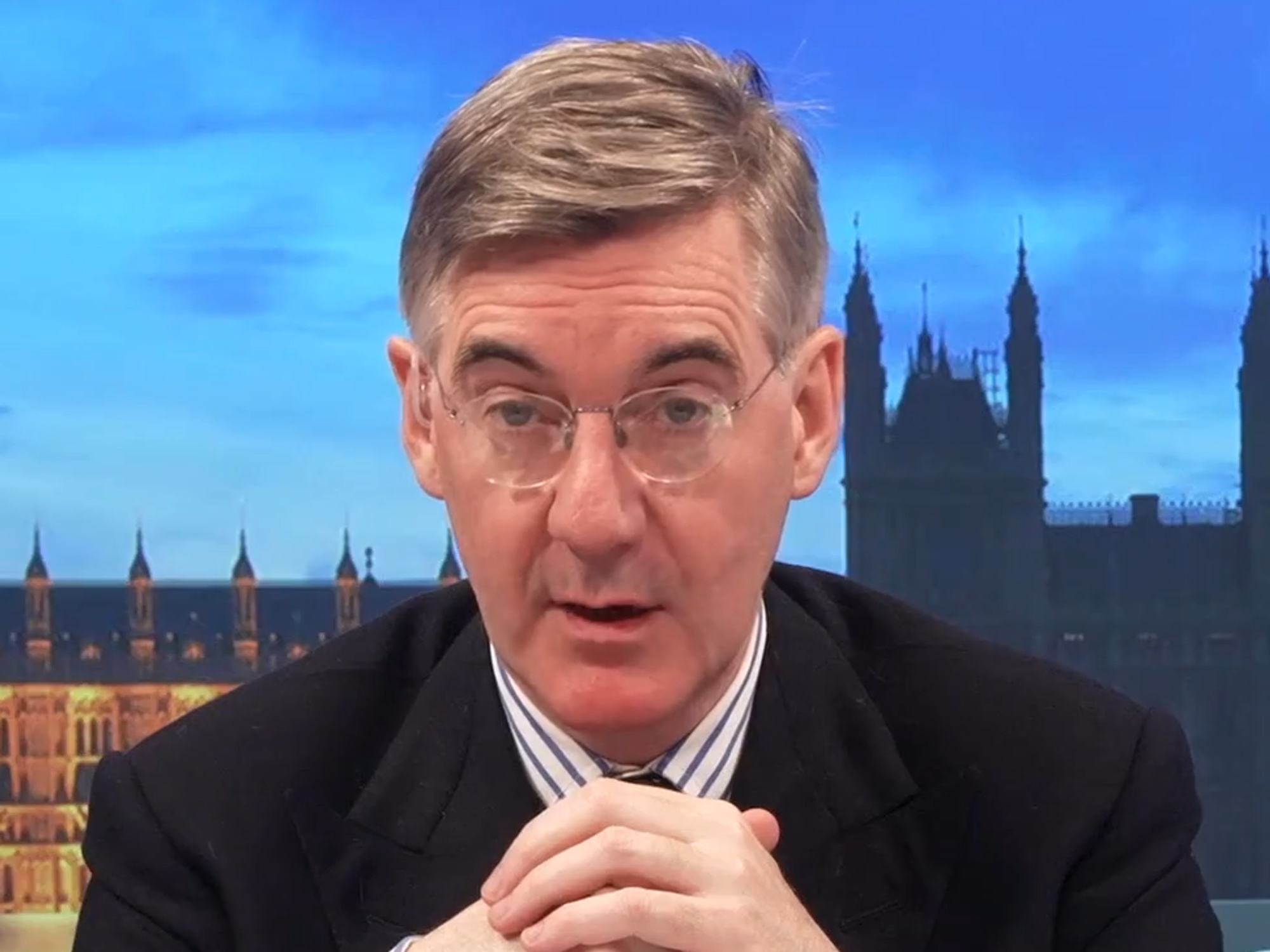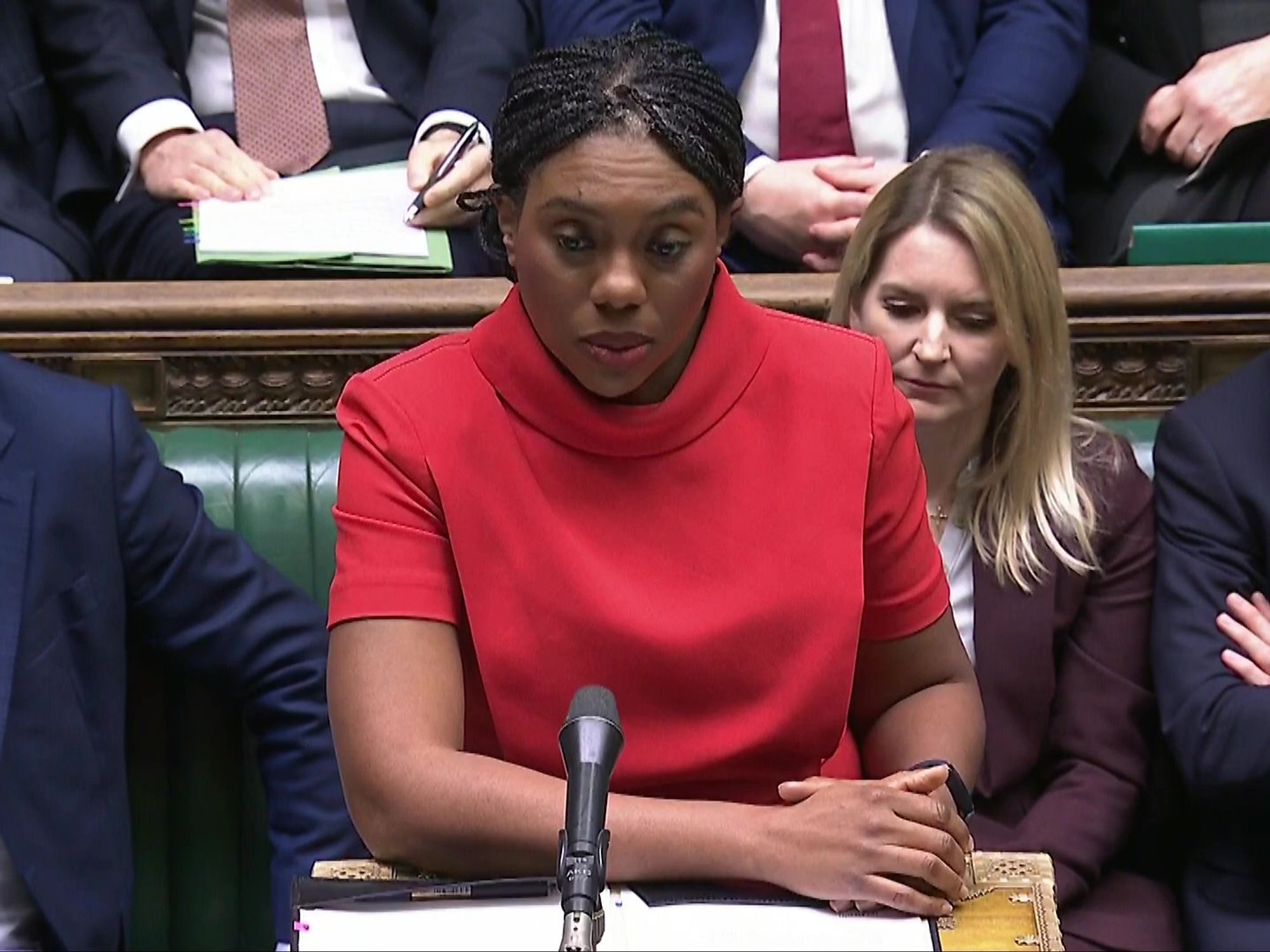Inheritance tax warning: Rachel Reeves to consider reducing spousal exemption in £15bn tax raid against couples

Capping the exemption at £10million could 'improve the fairness of the inheritance tax system'
Don't Miss
Most Read
Couples are being warned their inheritance tax spousal exemption could be under review as Chancellor Rachel Reeves aims to close the black hole in public finances.
The Government is thought to be considering a significant change to inheritance tax rules that could impact grieving families across the UK.
Industry experts warned Reeves may impose a levy on spousal transfers, potentially ending the long-standing tax exemption for married couples and civil partners.
This move could result in a £15.5billion raid on estates, affecting how assets are passed between spouses after death.
Under existing rules, individuals can transfer their entire estate to their spouse free of inheritance tax, making it the largest exemption currently available.
This consideration has raised concerns among financial experts and taxpayer advocates about the impact on family wealth and estate planning.
 IHT reform is being floated ahead of this month's Budget | GETTY
IHT reform is being floated ahead of this month's Budget | GETTY Sarah Coles, head of personal finance at Hargreaves Lansdown, explained that the exemption was "the largest IHT tax break on the books and a very tempting target for the chancellor as even a small reduction in this exemption has the potential to raise a lot of revenue".
However, she expressed hope that the Government would be cautious about making changes that could cause hardship to many families.
She said: "This could lead to people being forced to sell their home to pay an inheritance tax bill."
The Centre for the Analysis of Taxation (CenTax) has proposed capping the spousal exemption at £10million.
They explained that the current unlimited exemption disproportionately benefits the ultra-wealthy, who can use it to avoid inheritance tax on large assets such as businesses.
The spousal exemption significantly reduced the average effective tax rate, especially for estates worth between £10million and £12.5million. Implementing a £10million cap would affect fewer than 0.1 per cent of estates - less than 100 deaths per year - while potentially raising up to £350 million in revenue.
The Institute for Fiscal Studies has also suggested capping the spousal exemption, proposing to increase the transferable nil-rate band for the surviving spouse by the post-tax amount of assets on which their partner paid inheritance tax.
The potential inheritance tax changes extend beyond the spousal exemption. Reports suggest that Agricultural Property Relief (APR) may face significant alterations.
This relief currently allows farmland and a farmer's house to be passed on 100 per cent tax-free. National Farmers Union President Tom Bradshaw expressed concern, stating that major APR changes could "put at risk many farming families' succession plans".
The Treasury is also reportedly considering taxing pensions upon death.
Helen Morrissey of Hargreaves Lansdown warned that removing the pension inheritance tax exemption "would be a blow to anyone planning to pass on their pension wealth to other family members".
Experts have warned about the potential consequences of these proposed changes. David Denton, tax expert at Quilter Cheviot, cautioned that capping the spousal exemption could "dissuade high net worth individuals from living in the UK", potentially harming the economy.
Coles suggested that even a high cap of £10million might worry people, as it could be seen as "the thin end of the wedge".
LATEST DEVELOPMENTS
John O'Connell, chief executive of the TaxPayers' Alliance, expressed dismay at the reports, calling inheritance tax a "vindictive levy" that leaves grieving families with huge tax bills.
He urged Reeves to "immediately rule out raising the hated death tax".











